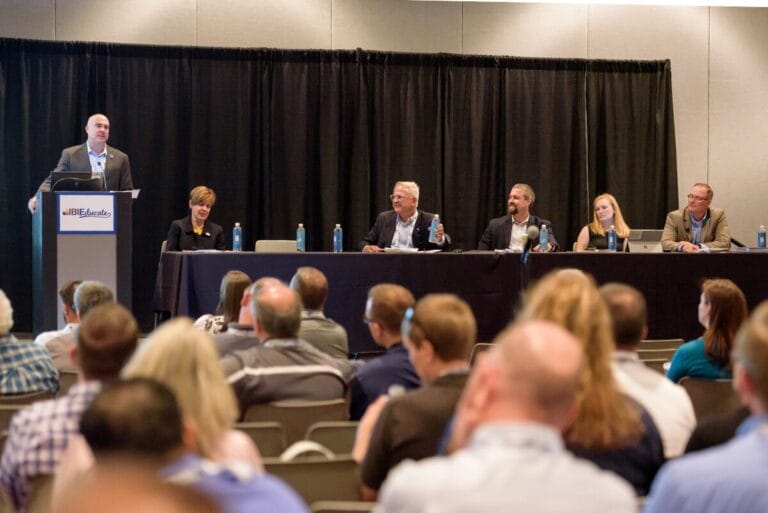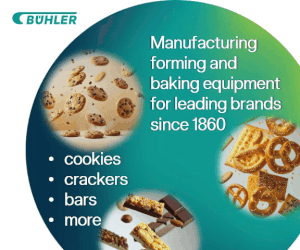LAS VEGAS — With the global population projected to reach 10 billion by 2050, food production levels need to increase by 50% to meet the growing demand. But to feed the burgeoning population, the commercial baking industry faces formidable challenges to do so sustainably.
From production to consumption, the food system contributes substantially to greenhouse gas emissions. Mitigating climate change within the food loss and waste scope requires a concerted effort, and bread production in particular plays a vital role in this space.
Sivakumar Pattathil, senior lead scientist at Lallemand, dove into how bread waste represents a significant environmental sustainability challenge in his IBIEducate session, Leveraging Enzyme Power as Strategies to Meet Global Environmental Sustainability Targets of the Baking Industry at IBIE 2025, held in Las Vegas.









